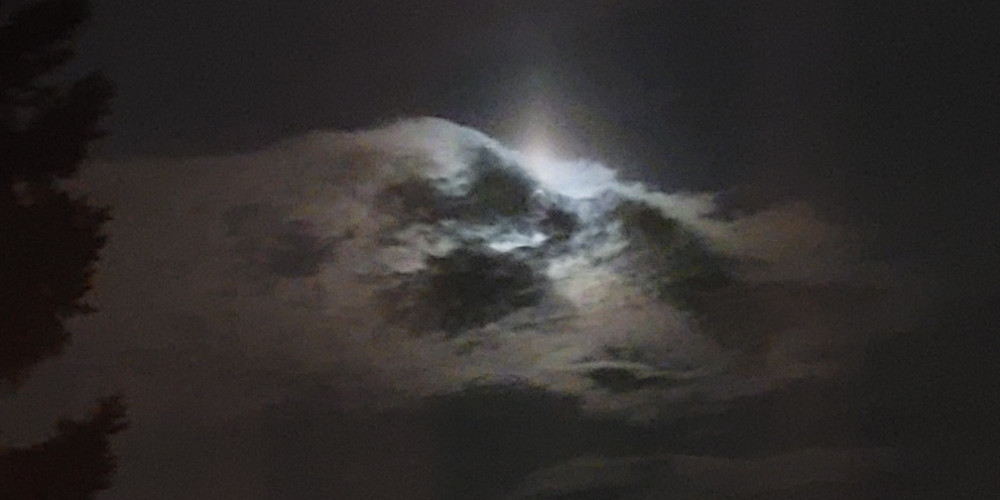
I'm a teacher and writer, musician and poet living in Stockholm, Sweden. I originate from the Darling Downs and Condamine River in Queensland Australia. I publish, play and project my work across different media. I'm interested in language, consciousness, nomadic cultures, Indigenous peoples, psychic separation from the body, avant garde art, blasphemy, ecology, alternative communities, counter cultures, technologies of liberation, body adornment, autonomous conditions and non-dualistic reality.
This profile is from a federated server and may be incomplete. Browse more on the original instance.
